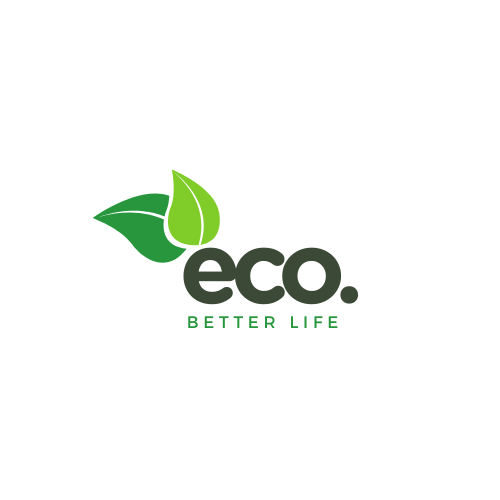Eco-Friendly Cleaning
Incorporating eco-friendly cleaning practices in your home not only improves indoor air quality but also reduces environmental pollution. This post will explore how to clean effectively while minimizing your ecological footprint.
The Importance of Eco-Friendly Cleaning
Traditional cleaning products often contain harmful chemicals that can affect our health and the environment. Switching to eco-friendly cleaning practices helps to reduce these risks and supports a healthier living space.
Tips for Choosing and Using Eco-Friendly Cleaning Products
-
Choose Non-Toxic Ingredients: Opt for products with natural ingredients like vinegar, baking soda, and lemon juice. These ingredients are effective, affordable, and have minimal environmental impact.
-
Read Labels Carefully: Look for products labeled as biodegradable, phosphate-free, chlorine-free, and made from plant-based ingredients. Avoid products with vague ingredient lists.
-
DIY Cleaning Solutions: Creating your own cleaning products can be simple and effective. For example, a mixture of vinegar and water works excellently for cleaning windows and mirrors.
-
Use Concentrated Products: Concentrated products often require less packaging and lower shipping weights, which reduces their carbon footprint.
-
Microfiber Cloths: Use microfiber cloths instead of paper towels for cleaning. They are reusable, highly effective, and can significantly reduce waste.
-
Proper Disposal of Cleaning Products: Ensure that hazardous cleaning products are disposed of properly to prevent pollution. Many communities offer specific disposal sites or events for household chemicals.
Benefits of Eco-Friendly Cleaning
- Healthier Home: Reduces exposure to toxic chemicals.
- Environmentally Safe: Less harmful to ecosystems and water supplies.
- Cost-Effective: Many natural cleaning ingredients are cheaper than commercial products.
- Supports Sustainability: Contributes to a sustainable lifestyle.

